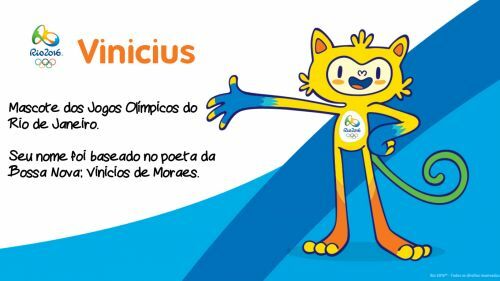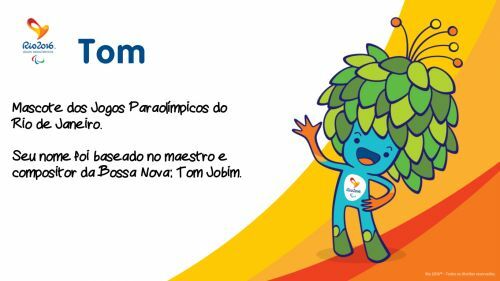Olympics or Olympic Games they are competitions of different sports which are held every four years, where athletes from all continents of the world participate.
The singular term – Olympiad – is also often used to refer to the four-year gap between two editions of the Olympic Games.
The main objective of the Olympics is to promote the union between all nations on the planet, as the Olympic Rings, one of the main symbols of the Olympics.
Learn more about meaning of the Olympics Symbol.
In reality, the Olympic Games are held every two years, ranging from Winter Games to Summer Games. But, because not all countries have athletes who are able to participate in the Winter Olympic Games, the most popular event is the competition held during the summer (which only takes place every four years old).
There are several symbols and rituals that make up the Olympics, from the carrying of the torch, the delivery of medals, the opening and closing ceremonies, among others.
History of the Olympics
Originally, the Olympic Games took place in the Greek city of Olympia (hence the name of the event), between the 8th century BC. C and the V century; C, where several competitors participated in games in honor of the honor of Zeus (god of gods) and the goddess Hera (goddess of motherhood).
Among some of the sports modalities of the Ancient Olympic Games were: javelin throwing, discus throwing, wrestling, racing, among others.
See also: the meaning of Olympic torch.
At the end of the 19th century, in 1894, the French historian Pierre de Coubertin (known as Baron de Coubertin), inspired by stories about the Ancient Greek Olympics, founded the International Olympic Committee (IOC), the body responsible for organizing the Olympic Games of Modernity.
The first Olympic Games of the Modern Era were held in 1896, in the city of Athens, Greece, bringing together participants from 13 countries. Currently, the Olympics bring together thousands of competitors from almost every country on the planet and it is considered one of the most important sporting events in the world.
O Olympic movement triggered a number of other events, such as the Winter Olympics, the Paralympic Games, and the Youth Olympic Games, for example.
Learn more about meaning of the Paralympics.
Olympics in Brazil
In 2016, for the first time in history, a South American country was hosting the Olympic Games. The capital of Rio de Janeiro was the Brazilian city chosen to host the event, between August 5th and 21st.
In the edition of Rio de Janeiro Olympic Games, the chosen mascots represent the fauna and flora of Brazil.


Modalities of the Olympics
- Athletics
- Badminton
- Basketball
- Boxing
- Canoeing (slalom / speed)
- Cycling (BMX / road / track / mountain bike)
- Fencing
- Soccer
- Gymnastics (artistic / trampoline / rhythmic)
- Golf
- Handball
- Equestrianism
- hockey on grass
- Judo
- Weightlifting
- Olympic fight
- water marathon
- Synchronized swimming
- Swimming
- Modern Pentathlon
- Water polo
- rowing
- 7 Rugby
- Diving
- Taekwondo
- Sneakers
- Table tennis
- Shooting (with archery/sports)
- triathlon
- Candle
- Volleyball
- Beach volleyball.
See also: the meaning of Citius, Altius, Fortius.

